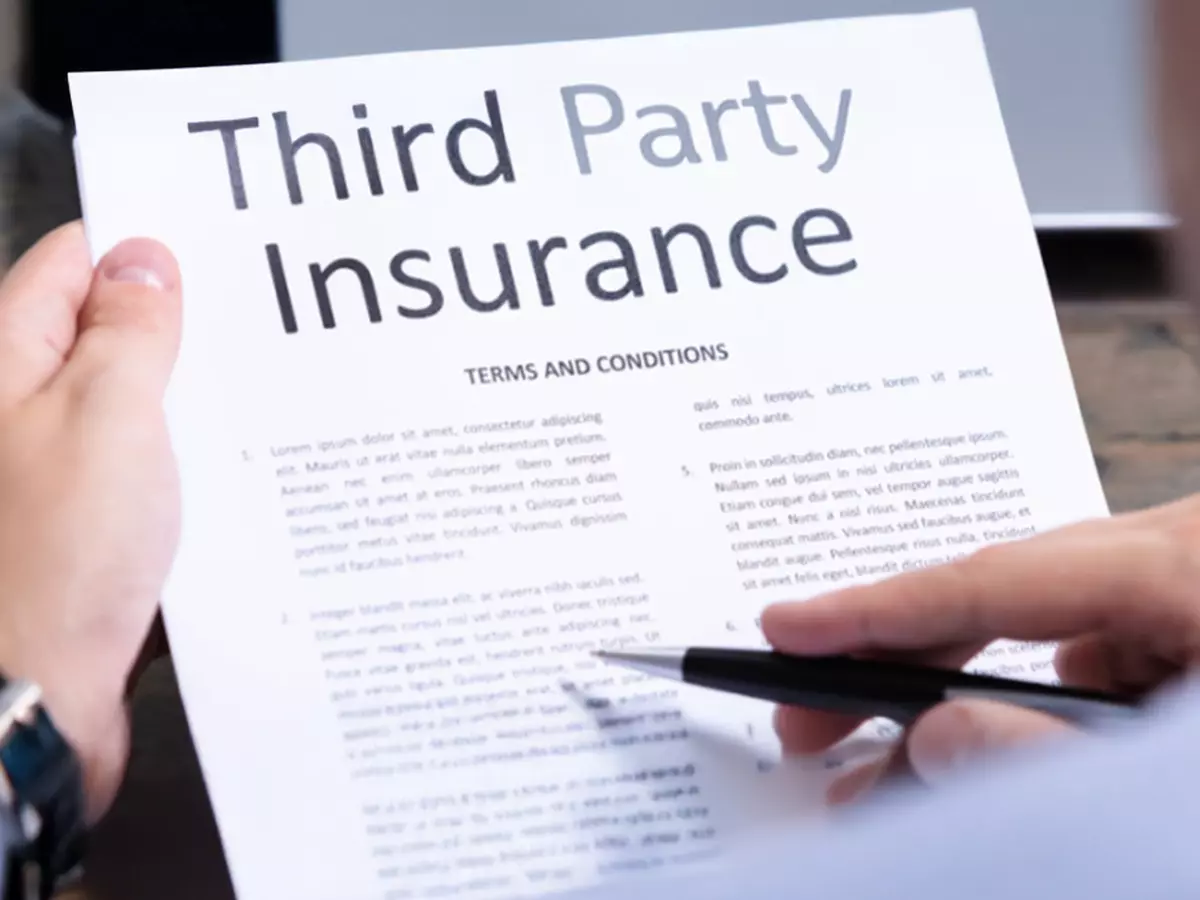First-time SUV buyer? Here are tips to choose the right car insurance
Choosing the right car insurance for your first SUV involves understanding coverage types, comparing policies, selecting essential add-ons, and ensuring adequate protection for your driving needs. A comprehensive plan with suitable customizations can provide financial security and peace of mind.

Purchasing your first SUV is an exciting milestone. These vehicles offer a unique blend of style, comfort, and performance. However, owning an SUV also comes with the responsibility of protecting it through a suitable car insurance policy. In India, car insurance is not just a legal requirement but also a crucial financial safeguard for your valuable investment.
For first-time SUV buyers, navigating the world of car insurance may seem overwhelming. This guide outlines essential tips to help you make informed decisions and ensure your SUV is well-protected.
Understanding the Basics of Car Insurance
In India, car insurance is categorised into two primary types:
1. Third-Party Insurance
This is the minimum legal requirement under the Motor Vehicles Act, 1988. Third-party insurance covers damages or injuries caused to another person or their property. However, it does not provide coverage for damages to your SUV or theft.
2. Comprehensive Insurance
A comprehensive policy offers broader protection, covering damages to your SUV caused by accidents, theft, natural disasters, and third-party liabilities.
Given the higher repair and maintenance costs associated with SUVs, a comprehensive car insurance policy is often the better choice for first-time buyers.
Opting for Adequate Coverage Based on SUV Usage
Your SUV¡¯s intended use will significantly influence the type of coverage and add-ons you require:
- City Driving: If you primarily use your SUV for city commutes, comprehensive insurance is recommended. It protects against urban risks such as traffic accidents, theft, and vandalism.
- Off-Roading or Long-Distance Travel: For off-road adventures or extended trips, consider add-ons like engine protection, roadside assistance, and coverage for adventure sports. These features safeguard against risks specific to rugged terrains and long journeys.
Customising your policy ensures you get the coverage you need without paying for unnecessary extras.
Comparing Policies Online
Comparing car insurance policies online is a convenient way to identify the best options. Focus on:
- Premium Rates: Compare premiums for similar coverage levels across insurers.
- Coverage Details: Ensure comprehensive protection against theft, natural disasters, accidental damage, and third-party liabilities.
- Add-Ons: Look for add-ons that suit your needs, such as zero depreciation, engine protection, and roadside assistance.
- Reputation of the Insurer: Choose a provider with strong customer feedback and high claim settlement ratios.
Online comparisons help you find a policy that balances affordability and coverage.
Considering Add-Ons for Enhanced Protection
SUVs, with their advanced features and performance capabilities, often have higher repair costs. Add-ons enhance your policy and provide better protection:
- Zero Depreciation Cover: Ensures full claim settlement without considering depreciation.
- Engine Protection Cover: Ideal for SUVs frequently exposed to waterlogged roads or rough terrain.
- Roadside Assistance: Offers on-the-spot help during breakdowns, which is invaluable during long trips.
- Return to Invoice Cover: Provides the full invoice value of the SUV in case of total loss or theft.
Evaluating the Insured Declared Value (IDV)
The IDV is the market value of your SUV and determines the maximum claim amount in case of theft or total loss.
Choose an appropriate IDV to balance premium costs and claim amounts.
Avoid undervaluing your SUV to reduce premiums, as it may lead to inadequate compensation during claims.
Reassess the IDV periodically, especially if your SUV¡¯s market value changes due to modifications or depreciation.
Understanding Deductibles
Deductibles are the portion of a claim you pay out of pocket before your insurer covers the rest.
- Voluntary Deductible: Opting for a higher voluntary deductible lowers your premium but increases your out-of-pocket expenses during claims.
- Standard Deductible: A lower deductible results in higher premiums but reduces financial strain when filing a claim.
Select a deductible amount that aligns with your financial capacity.
Checking the Insurer¡¯s Network of Garages
Choose an insurer with an extensive network of cashless garages. These garages simplify repairs by offering cashless services directly billed to your insurer.
Reviewing the Claim Settlement Process
A seamless claim settlement process is essential. Before purchasing a policy, research:
- The insurer¡¯s claim settlement ratio
- Customer reviews and testimonials
- The efficiency of claim processing and approvals
Looking for Discounts and No-Claim Bonuses (NCB)
Many insurers offer discounts for SUVs equipped with safety features, such as anti-theft devices.
- Maintain a claim-free year to earn an NCB, which reduces renewal premiums.
- Transfer your NCB when switching insurers to enjoy additional savings.
- A clean driving record can help secure better insurance terms.
Customising the Policy for Your Needs
SUVs vary in models, features, and usage. Tailoring your policy ensures adequate protection:
- Add coverage for accessories if your SUV is customised.
- Include passenger cover if you frequently travel with family or friends.
Being Aware of Policy Exclusions
Every car insurance policy has exclusions. Common ones include:
- Wear and tear
- Damage caused by driving under the influence of alcohol or drugs
- Using the SUV for commercial purposes
Read the policy document thoroughly to understand these exclusions and avoid surprises during claims.
Renewing Your Policy on Time
Timely renewal of your car insurance policy ensures continuous protection. Missing renewal deadlines may lead to:
- Loss of NCB benefits
- Uninsured risks during the lapse period
- Higher premiums upon renewal
Set reminders or opt for long-term policies to avoid lapses.
Conclusion
Selecting the right car insurance is as crucial as choosing your first SUV. While third-party insurance offers basic legal compliance, comprehensive insurance provides extensive protection for your vehicle.
Take the time to assess your requirements, compare policies, and understand the terms and conditions before finalising your choice. By following these tips, you can confidently protect your SUV and enjoy peace of mind on every journey.
